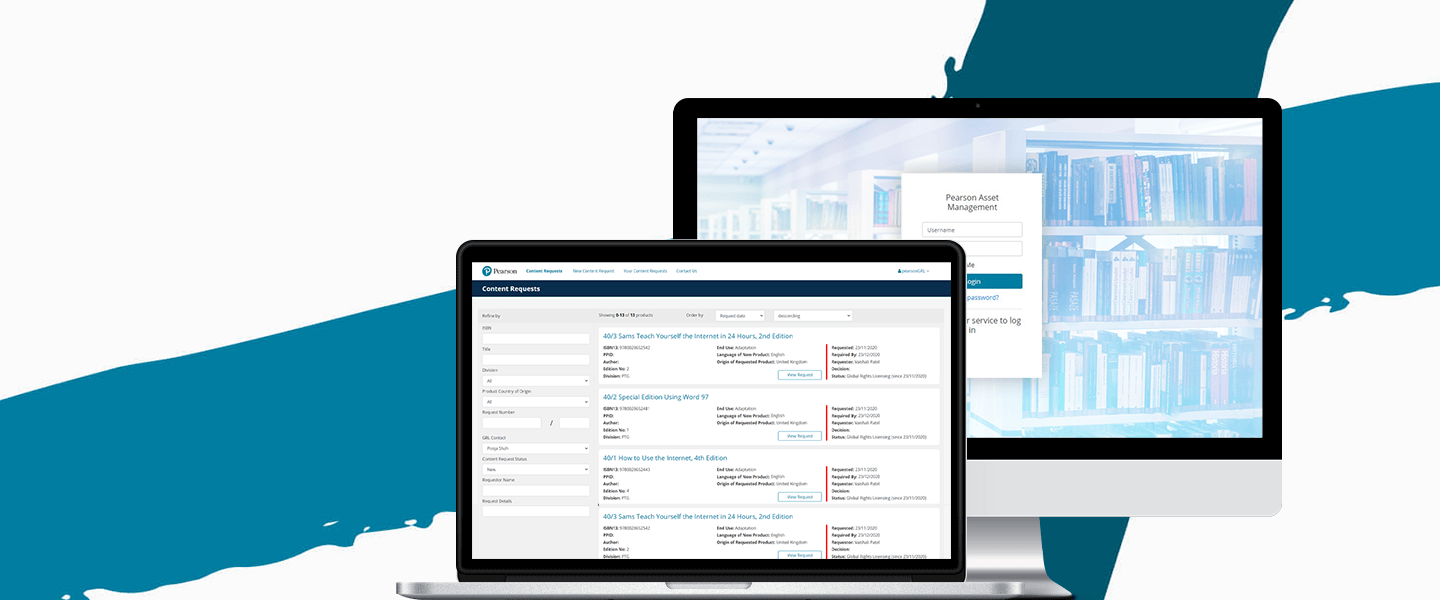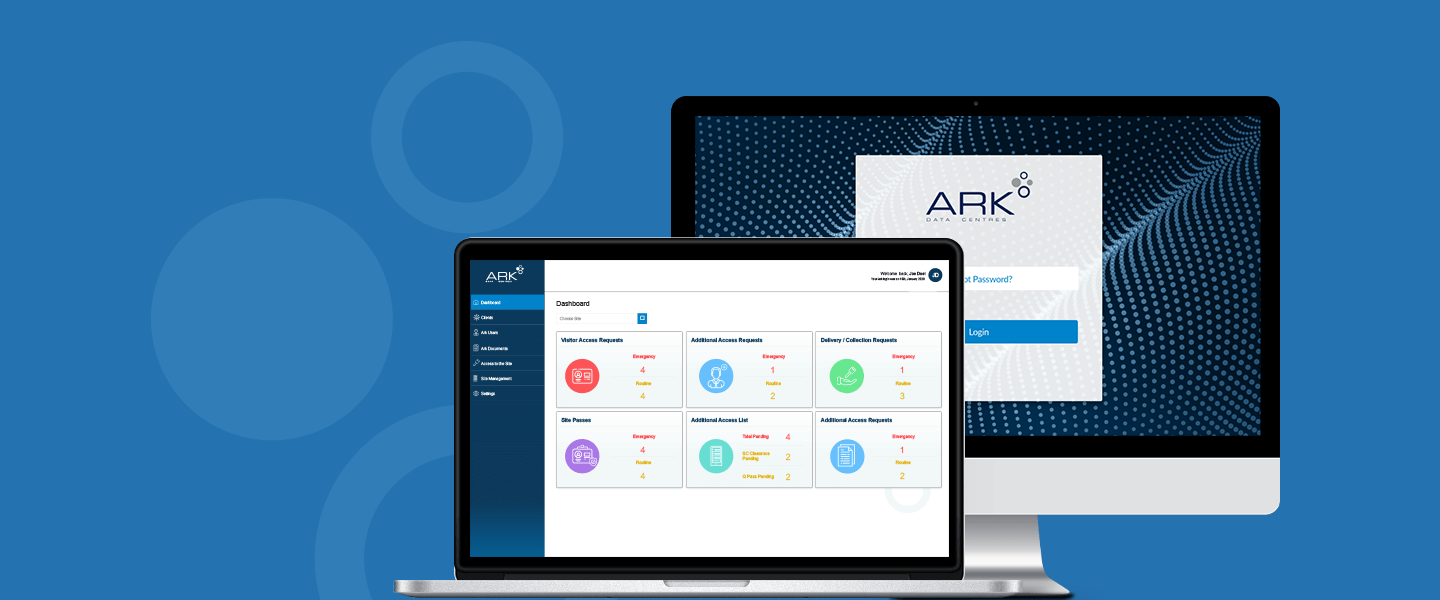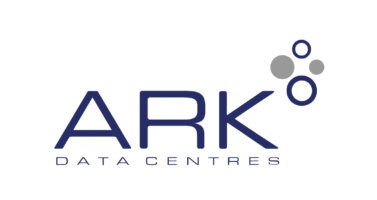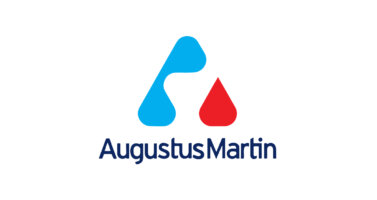Bespoke Software Development for Enterprises
Embracing the latest technologies and methodologies is key for improved business operations and end-user value. One Beyond can help your business evolve and develop on the road to digital transformation.

Digital transformation is a daunting prospect for many businesses. Change, however, doesn’t need to be difficult. One Beyond has empowered countless businesses to overcome the cultural, technical, financial and corporate barriers associated with digital transformation, resulting in optimised operations, financial savings and engaged end-users.
One Beyond’s use of Agile methodologies teamed with the technical know-how to produce transformative software products means clients remain ahead of the digital curve, as well as their competitors.
Digitally Transforming Your Business via Bespoke Software Development
Regardless of what industry a business is in, the modern world dictates that companies must digitally transform, or be left behind. The expectations of both customers and employees of businesses have changed dramatically as technology has evolved. Today companies recognise that they should be providing customers and employees with the digital solutions they require or risk losing out to competitors who have already begun their digital transformation journey.
Digital organisations need to:
- Adapt quickly to a changing business and technical landscape;
- Be responsive to customer needs;
- Engage employees to be forward-thinking and collaborative;
- Monitor and manage business performance effectively;
- Analyse data intelligently; and,
- Manage compliance, risk and security.
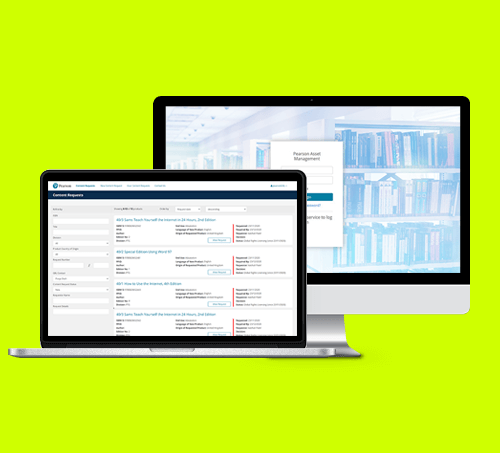
Fully embracing digital signifies the way a company thinks, behaves, what it values and how it makes decisions. In short, digital transformation enables a company to operate effectively in the evolving digital climate.
Bespoke Software Development
Digital transformation is considered by some as a buzzword; however, it is actually a tangible approach to business change.
Our approach comprises of:
- Consulting for a period of time to understand a client’s business, reviewing current technology and providing an independent recommendation for improvement;
- Working with clients from start to finish to analyse requirements and then design a feasible software solution;
- Either complementing the work an IT department already does by adding expert resource to enable faster project delivery, or fully delivering the resulting software product.
Digital Transformation Strategy
Before we even think about making any recommendations towards digital transformation, we spend time talking to management and staff to understand a client’s business. We assess the capabilities of the existing systems alongside business operational processes to determine where any efficiencies could be made and what might stand in the way of achieving this, be it technical, cultural or financial. We’ll then ensure that our recommendations accurately and effectively meet the specific business needs of the organisation.
Business analysis
- Requirements analysis
- Collaborative prototyping
- Application structure
- Technical specification
- Quality assurance
Systems analysis
- Business and system comes together
- Technical solution
- Support plan
- Stakeholders
Operational analysis
- Development methodology
- Coding standards
- System management
Bespoke Software for Digital Transformation
One Beyond’s team of experts are highly experienced Solution Architects and Software Developers, meaning they recognise not only what is required from a business perspective, but also what is achievable from a technical viewpoint. Based out of our UK and mainland European delivery centres, they have many years of hands-on experience of guiding companies through transformative digital changes.
As well as advising on the best technology solution for a business, our consultants are also very happy to offer help and guidance on how to overcome the huge challenges posed by the development of large-scale complex software systems, such as:
- Avoiding late software delivery;
- Going over budget, and the knock-on effects of reduced functionality;
- Resolving complexities/sensitivities with the alignment of company goals;
- Integrating new and existing systems.
Digital Transformation Roadmap
One Beyond knows that businesses understand the importance of digital transformation but are unsure of how to begin the process. Through our digital services we can begin by focussing the digital changes that directly influence a client’s business strategy and where we can easily deliver return on investment, where we then expand into larger scale digital initiatives from discovery, to launch and beyond.

